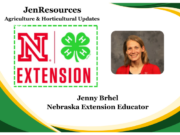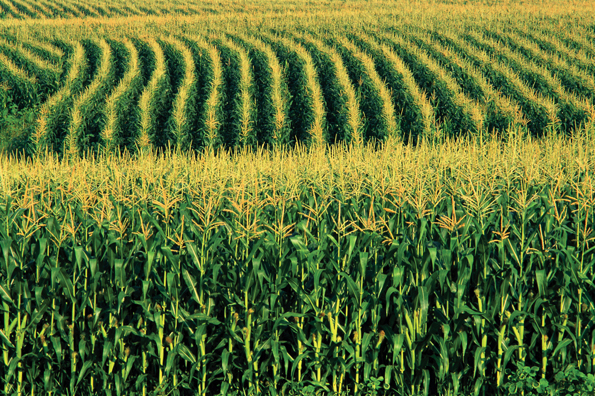4-H enrollment is upon us! In light of that, I thought I would share some information about Clover Kids and how that program differs from traditional 4-H.
Clover Kids is the officially recognized program in Nebraska for children under age 8. The program is designed to provide 5 to 7 year-olds a variety of educational and recreational experiences in a non-competitive environment. Clover Kids provide an excellent opportunity for youth to achieve his/her highest potential because early life experiences affect future development.
Goals/Purpose of Clover Kids
The primary goal is to promote the child’s stages of development – intellectually, physically, socially, and emotionally.
- Develop Self Esteem
- Decision Making Skills (making positive choices)
- Comprehension Skills (learning how to learn; positive attitudes toward learning) Mastering Physical Skills (enjoying constructive and creative play)
- Social-Interaction Skills (getting along with others)Â
- Diversity Skills (acceptance of others; exploring family and community relationships)
Children possessing these life skills are less likely to have problems with drug use, school failure, delinquency, and depression as they move into their teenage years and then into adulthood.
Clover Kids are considered 4-H members and participation does count toward 4-H years, thus a youth can be involved for 14 years. Projects can range from cooking, crafts, gardening, pocket pets (fish), and bottle lambs for example.
Exhibiting at County Fair
Clover Kids are encouraged to exhibit something at the county fair. Clover Kid exhibits are noncompetitive and for exhibition only, they do receive participation ribbons. A Clover Kids “show-n-tell†is an example of how youth can feel part of the fair without being competitive. Members are provided a place and time to talk about their exhibit and show what they have learned. For safety, liability, and competitive reasons often associated with livestock shows, some restrictions are necessary to maintain Clover Kids program objectives. According to the 4-H Policy and Procedure Handbook, Clover Kids should not participate in animal events when the animal is greater than 350 pounds or more than six months of age at the time of the show. Children eight and under often lack the mental and physical skills for controlling and understanding the strength of large animals
Clover Kid Programs are Noncompetitive
Children 5 to 7 years old develop and learn in ways different from younger children (2-4 years old) and older youth (8-18 years old). Knowing these differences, projects and activities are designed to provide a foundation for Clover Kids to develop effectively. Studies prove noncompetitive environments are more likely to develop confidence, creativity, and competence in children. The Clover Kids program corresponds with the child’s stages of physical, intellectual, emotional, and social development.
To get you Clover Kid enrolled in the York County 4-H program, visit york.unl.edu for online enrollment information.

































